The long wait for the new RIPE Atlas probes is over. Here's a quick look at the new devices and the work that went in to getting distribution back on track.
______
UPDATE (25 June 2019): The first batch of RIPE Atlas version 4 probes have all been sent out to new hosts. We would like to thank everyone still waiting for their applications to be processed for their patience, and we encourage those of you who would like more information on getting the most out of RIPE Atlas to contact us at atlas@ripe.net.
Also, if you are interested in supporting the ongoing development non-hardware solutions for RIPE Atlas, please help us out by taking a moment to fill in a short survey on RIPE Atlas software probes.
______
In March last year, we released an article about delays in the distribution of RIPE Atlas probes. The short version - when the model we used for the current generation of probes went out of production, we hit inevitable delays in dealing with applications and informed the community accordingly.
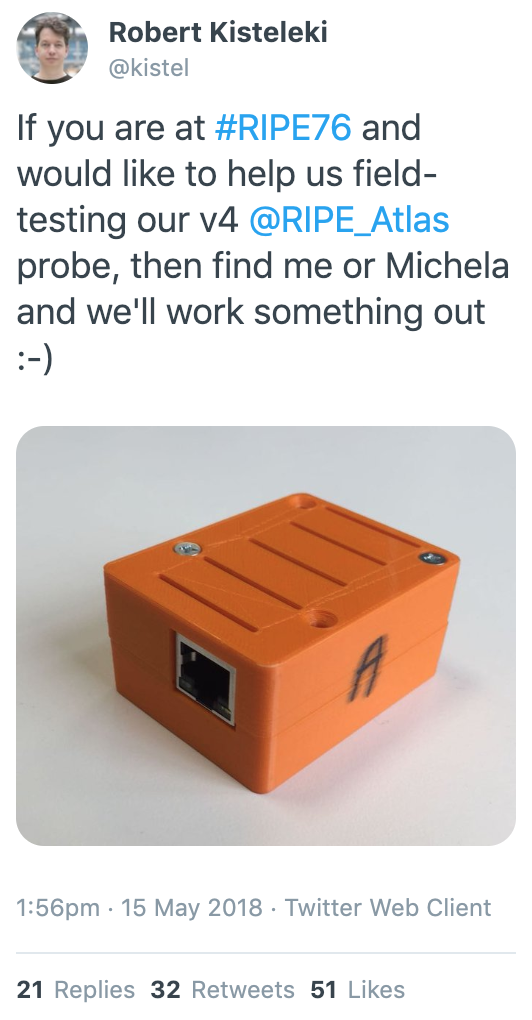
Shortly after, having selected and tested a new model, we handed out a limited number of prototypes at RIPE 76 in Marseilles. After further testing and tweaking, finding the right casing, purchasing, and so on, we started assembling RIPE Atlas v4 probes in batches. As with all probes assembled since 2015, it is worth emphasising that production of the new devices has depended entirely on funding received through RIPE Atlas sponsorship.
On shipping the new probes, our first priority has been to deal with the backlog that started to build up when the initial delays set in. Earlier this month, we finished working our way through the queue, and preparations are already underway for the next batch of probes, which we aim to have ready ahead of RIPE 78.
As a result, RIPE Atlas is back to business as usual. That said, we know it's been a long wait, and we would like to take this opportunity to thank all those who applied for a new probe in the past year for your patience.
RIPE Atlas Version 4 probes
Without further ado, let's look at the probes themselves. The first and perhaps most important thing to note is that, unlike their predecessors, RIPE Atlas v4 probes do not rely on USB storage. This is a key advantage we had been looking to secure as we made the switch to a new hardware solution for RIPE Atlas probes, 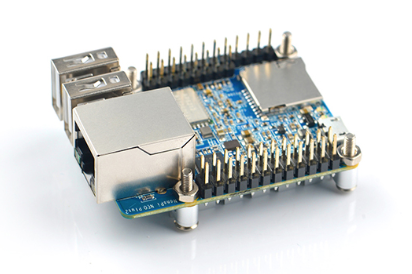
The model we chose for RIPE Atlas v4 probes is the NanoPi NEO Plus2 with 512MB RAM and heat sink. As well as not requiring external storage, the new devices also come with certain other benefits, such as the fact that they support Linux and come from a very reliable supplier.
More generally, as with all RIPE Atlas probes, the new devices come complete with casing and start working automatically as soon as they've been registered by the host and plugged in. As per usual, anyone applying for a new probe will need to agree to the terms and conditions for RIPE Atlas users.
Next steps
As the new probes go into circulation, we're continuing to explore options for ensuring that RIPE Atlas keeps expanding. Although physical probes will continue to play a central role in RIPE Atlas infrastructure, assembling and shipping the devices obviously takes time, and there are other issues that arise from being limited to the hardware option.
For these reasons, over the past year, we have been exploring virtual/software-based solutions for RIPE Atlas. The launch of RIPE Atlas VM anchors last year was a big step in this direction, and has already started to yield promising results.
The next step we want to take is to develop RIPE Atlas software probes. Having this option in place will allow people to run probes on their own devices, thus eliminating any need to wait on production times for new devices. The hope is that, as has been the case with VM anchors, software probes will provide a quicker, cheaper way of getting probes up and running, and so help us reach new hosts who would be far less interested in the hardware alternative.
We will be keeping you posted on developments with software probes, but in the mean time, we'd once again like to thank all RIPE Atlas users for their patience. As always, if anyone has any questions or comments, please leave them in the comments section or email us directly at atlas@ripe.net.

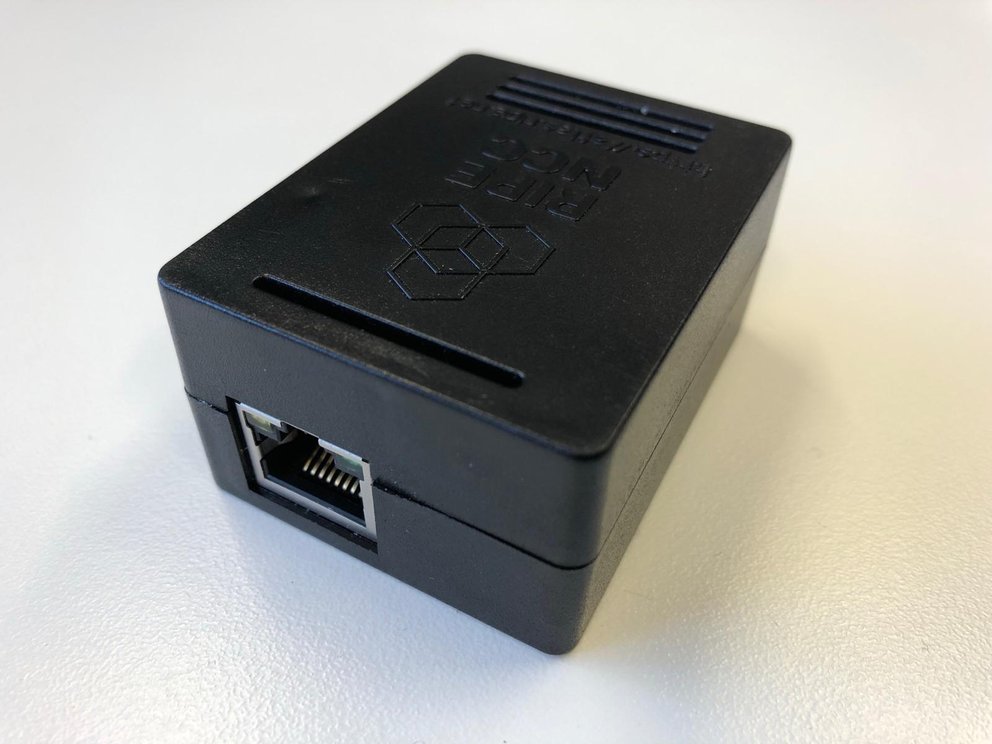
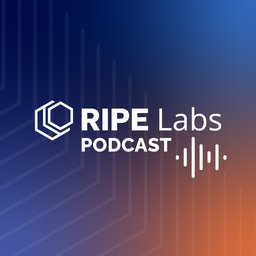
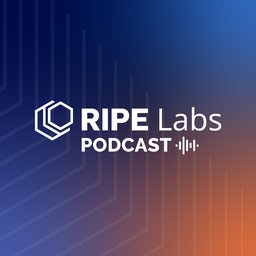
Comments 34
The comments section is closed for articles published more than a year ago. If you'd like to inform us of any issues, please contact us.
Lorenzo Colitti •
512 GB of RAM? I want one! :-)
Mirjam Kühne •
Oops, typo. 512 MB of RAM of course ;-)
Andy Saunders •
Please tell me that this new version supports PoE ?
Robert Kisteleki •
No, it does not have PoE support. We recommend using a PoE splitter in case this is an issue.
White Hat •
With this being a simple Pi-style SBC, what's to stop someone from simply taking the probe, popping in a MicroSD card, and wiping/repurposing it for whatever? With the TP-Link models this was hard because it was reflashed firmware and the device itself wasn't very powerful or useful on its own, but it seems that with these the potential for hardware hijacking is both easier to do and more rewarding.
Robert Kisteleki •
We chose this device in particular because it has on-board storage as opposed to a traditional Pi where one could indeed just swap out the SD card. Although this doesn't completely rule out the possibility that some might choose to repurpose the new probes, this has always been a limitation with relying on hardware devices (one of the reasons we're keen to develop software probes). With this in mind, we take care to monitor probe activation rates in case of any drop off. So far, the v4 probes are being activated as expected.
Sverre Rakkenes •
is there any update on ipv6 support on this new generation
Robert Kisteleki •
As with earlier RIPE Atlas probes, the v4 probes also do IPv6. They support RAs and RDNSS out of the box, except DHCPv6. They can also be statically configured.
Felix von Courten •
where can i buy one?
Alun Davies •
You can apply to host a RIPE Atlas probe for free. To do this, you first need to create a RIPE NCC Access account and fill in the application form. We'll then evaluate your request. To get started, visit: atlas.ripe.net/get-involved/become-a-host/
Nis Wechselberg •
Is there some way to build a probe myself? I wouldn't mind buying the hardware myself and flash the firmware manually. Would like to support the project without causing you more costs for hardware.
Alun Davies •
Thanks for this. The software option that we're working on right now will allow people to host probes on their own devices. We're glad to see that there's an interest in this option in the community, and we'll be keeping you updated as soon as there are any new developments on this front.
Nail A. •
Is it possible to develop a probe in the form of a package for the firmware openwrt or dd-wrt and other similar? Then no separate equipment is required.
Alun Davies •
As I say, we are still in the process of exploring the different options for how best to move forward with software probes. But indeed, any option would be aimed at eliminating the need for separate equipment.
Jiri Suchan •
What if I have my own NanoPi NEO Plus2, and since you are publishing your firmware, such as https://www-static.ripe.net/static/rnd-ui/atlas/static/page/fw/ripe-atlas-fw-4790.tar.gz , can I make it work as a new probe? Is there a simple manual how to install Probe software to the Nanopi?
Robert Kisteleki •
While it is possible that you can replicate the steps we do when producing these probes, the amount of work we'd have to do to accommodate this would make this an expensive exercise. It is likely a better solution to join the software probe effort when it's available and use your hardware to deploy it on.
Hendrik Visage •
Where do I sign up to test/get a VM Probe??
Alun Davies •
The VM option only applies to RIPE Atlas anchors. To apply for a VM anchor, fill out the usual application form for anchors hosts, making sure to tick the 'virtual machine' option at the top of the form: atlas.ripe.net/get-involved/become-an-anchor-host/
Tobias Sachs •
Are all new applications that are shipped out the new v4 probes?
Alun Davies •
Strictly speaking, some of the people out there who help us distribute probes probably still have a few of the v3 devices left in stock, and so it may be the case that a small number of these end up back in distribution. However, with v3 no longer in production, v4 is now the default model, and new hosts should expect to receive v4 probes.
Joshua Thorman •
Any news on the probe VM solution?
Alun Davies •
Hi Joshua - we are currently gathering feedback on RIPE Atlas software probes and we are seeking volunteers willing to partner with us and help package the software for various operating systems and platforms. If you're interested in sending feedback or volunteering, let us know by filling in this short survey: https://www.ripe.net/participate/forms/apply/atlas-probes/
Carlos Montalvo J. •
Hi, I did apply for the the probe on 03/03/2019 #24295. Any news available, about the distribution?
Alun Davies •
Hi Carlos - apologies for the late response. The first batch of RIPE Atlas version 4 probes have all been distributed and we are currently at the planning stage for the next batch. If you're keen to make use of RIPE Atlas while you wait for a probe to reach you, we would be happy to send you some credits. Please contact us on atlas@ripe.net if you'd like us to set this up for you.
Edgar •
Any heads up for the stock issue? Applied for a replacement probe on july 18th (#25434).
Lia Hestina •
Hi Edgar, we will soon(this week) receive the hardware and if all goes as planned, we will start shipping by the second week of November. By the end of November all backlog should be processed and shipped out. So, please bear with us :)
Jeff •
Can existing v3 users swap their unit for a v4 probe?
Robert Kisteleki •
v4 is functionally the same as v3. There's no reason so swap if the probe is otherwise working.
MICHELE DAL BOSCO •
Hi, I have been waiting for 8 months for a spare drive (maybe v4) for probe # 34441 that has stopped working. Will I get a spare unit by the end of the year?
Alun Davies •
Hi Michele - according to our records, you applied for a new probe last April. The latest batch of version 4 probes is being shipped as we speak. We can confirm that your new probe is on its way to you.
Grzegorz Ponikierski A •
New v4 is coming to me. Thx! Question: How many v4 probes you can deliver this and next year? I would like to deploy more probes in Poland but also, with help of my friends, to deploy more in India and few other countries which doesn't have good coverage.
Lia Hestina •
Hi Grzegorz, We’ll be shipping probes out as long as stock lasts. As you may have known, new stock will be purchased as soon as there is sufficient sponsors funding. Feel free to apply for any location you are able to instal the probe directly online, each application will be reviewed individually. For most RIPE Atlas ambassador applications, we ship in small batch each time.
Sergio Ceballos •
Greetings! Currently we are using v3 in our Madrid Datacenter, is there any way we can apply to the v4?
Lia Hestina •
Hello Sergio, Is there any reason for the second probe? If your V3 works fine, you should keep it up. If it's having USB issues, it can be easily fixed with replacing the USB. If you want to know the status of the probe, check out the 'status beta' tab on your probe's page. Of course you can always apply for a new location or other network, you can do this directly on the RIPE Atlas website. Your application will be reviewed individually. We will let you know if your application is approved or not. Any further question, you can always send to atlas@ripe.net